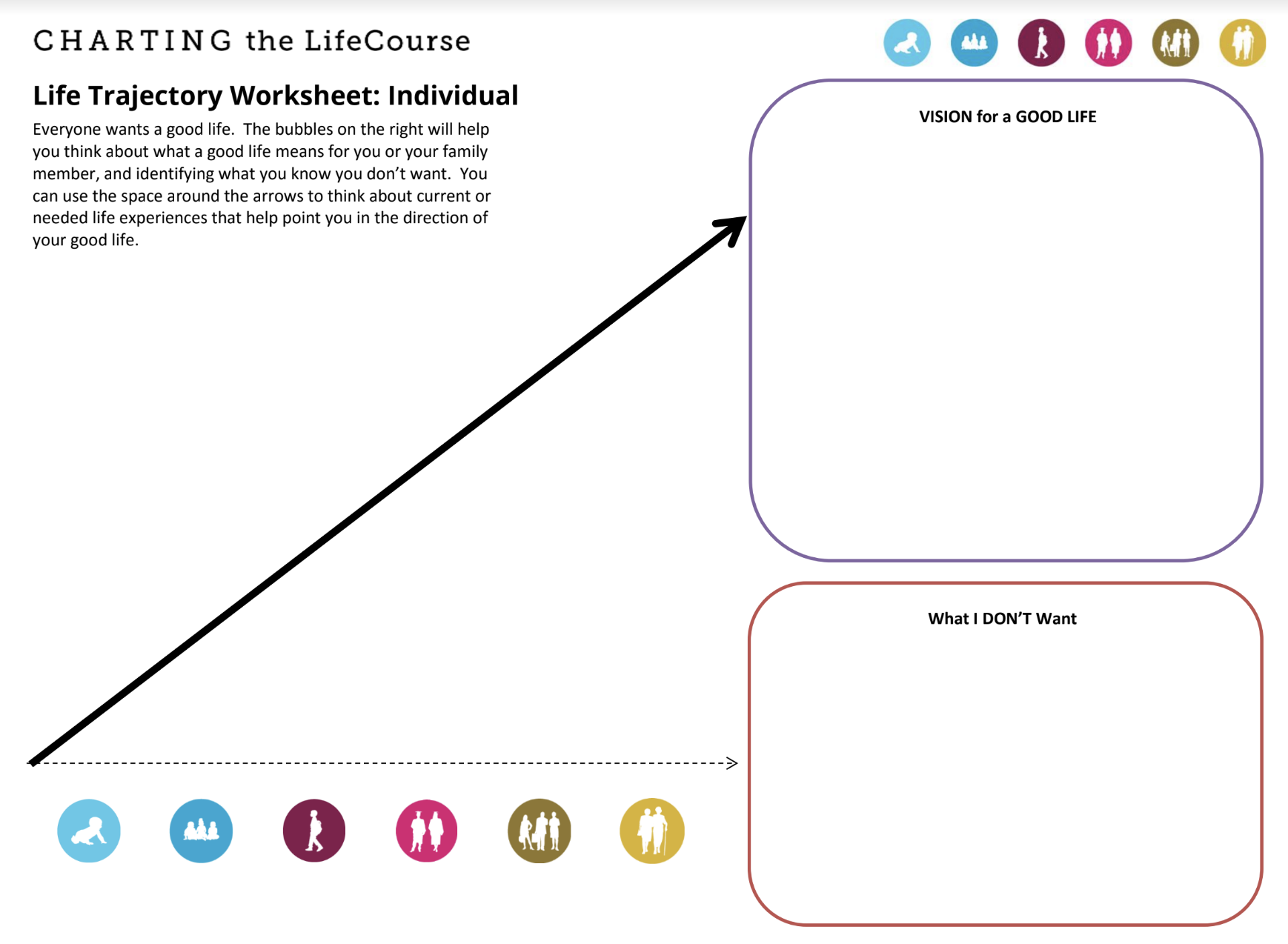
Welcome to the world of Life Care Planning - a realm where diligence and foresight merge to ensure the best possible future for individuals in need of specialized care. Life Care Planning, often abbreviated as LCP, is a comprehensive approach that integrates various factors to create a roadmap for individuals facing life-altering circumstances. At the heart of this practice is the Life Care Planner, a dedicated professional who meticulously crafts a personalized Life Care Plan tailored to each individual's unique needs and circumstances.
Central to the process is the collaboration between the Life Care Planner and other professionals, such as Medical Expert Witnesses, to gather insights and expertise that inform the creation of a robust and tailored plan. This plan serves as a dynamic guide, outlining the necessary medical, financial, and psychosocial support needed to navigate the complexities of long-term care effectively. Through the intricate tapestry of assessments, evaluations, and recommendations, a Life Care Plan embodies hope and empowerment, offering a structured path forward in the face of uncertainty.
What is Life Care Planning
Life Care Planning is a comprehensive process that involves assessing the current and future needs of individuals dealing with serious injuries or chronic conditions. A Life Care Planner acts as a guide and advocate, working closely with the person and their family to create a detailed Life Care Plan that addresses their medical, psychological, and social needs.
A Life Care Plan outlines the necessary medical treatments, therapies, assistive devices, home modifications, and other support services required to maintain the individual's quality of life and promote their overall well-being. It serves as a roadmap for the individual's future medical and non-medical needs, considering the anticipated progression of their condition and any potential complications that may arise.
Moreover, Life Care Planning involves collaboration with various healthcare professionals, therapists, vocational experts, and community resources to ensure that the individual receives comprehensive and coordinated care. The goal is to enhance the individual's independence, maximize their functioning, and provide them with the necessary tools to navigate the challenges they may face throughout their life journey.
The Role of a Life Care Plan ner
A Life Care Planner plays a crucial role in assessing the long-term needs and expenses associated with an individual's medical care. They collaborate with medical experts and other healthcare professionals to create comprehensive Life Care Plans that outline the necessary services and resources needed to maintain the individual's quality of life.
Using their expertise in healthcare, rehabilitation, and case management, Life Care Planners evaluate the current and future healthcare needs of their clients. By conducting thorough assessments and reviews of medical records, they can accurately project the costs of ongoing care, medications, therapies, and assistive devices required to support the individual's well-being.
Additionally, Life Care Planners may serve as expert witnesses in legal proceedings related to personal injury or medical malpractice cases. Their testimony provides valuable insights into the projected costs of care, the impact of injuries on the individual's daily functioning, and the necessary accommodations to optimize their quality of life.
Benefits of Life Care Planning
Life Care Planning offers individuals comprehensive guidance and support for managing their medical needs and overall well-being. It provides a roadmap for accessing the necessary resources and services to enhance quality of life and ensure proper care is received.
By engaging with a Life Care Planner, individuals can benefit from having a customized plan tailored to their specific needs and circumstances. This personalized approach takes into account the individual's medical history, current health status, and future goals, providing a clear framework for moving forward with confidence.
Furthermore, Life Care Planning can serve as a valuable tool in legal matters, especially when seeking the expertise of a Medical Expert Witness. A well-documented Life Care Plan can support claims for compensation, settlement negotiations, and court proceedings, reinforcing the importance of proactive planning for a secure future.
